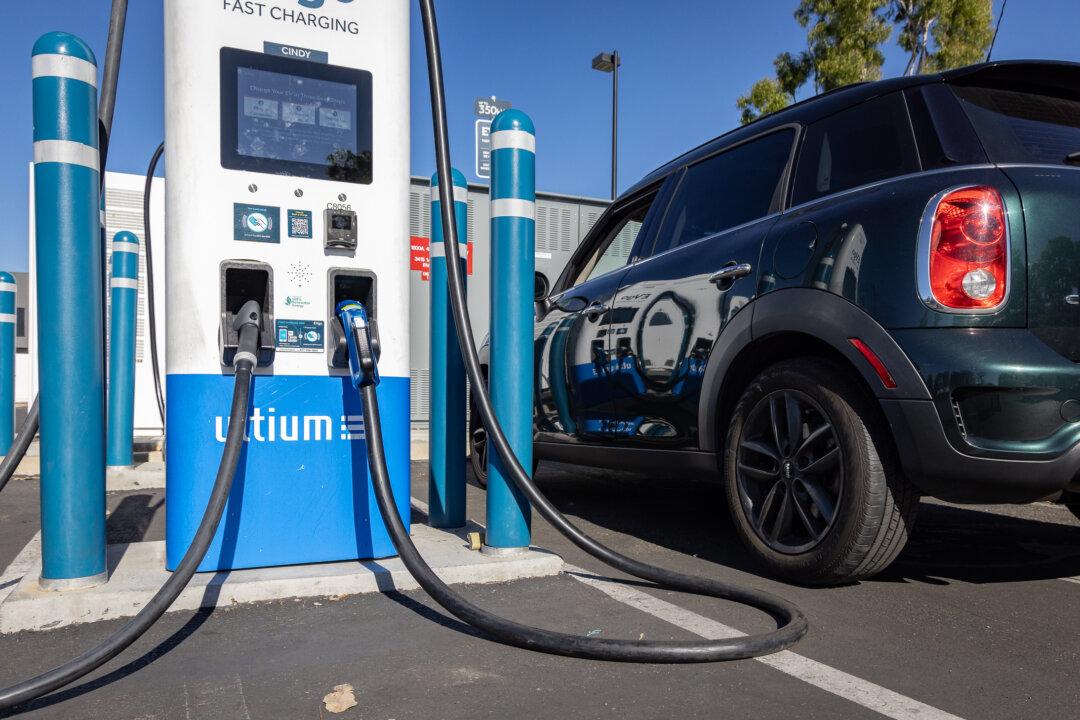President Joe Biden has instructed federal employees to use electric vehicles (EVs) whenever possible when working in an official capacity as part of sustainability efforts and a push to get 50 percent of all new vehicles by 2030 to be electric.
The White House on Dec. 14 released new federal employee travel guidelines directing workers to use sustainable transportation methods for official and local travel, both domestically and internationally, whenever possible, as part of an effort to “lead by example on climate.”




